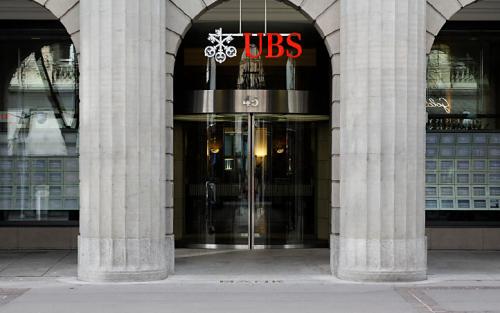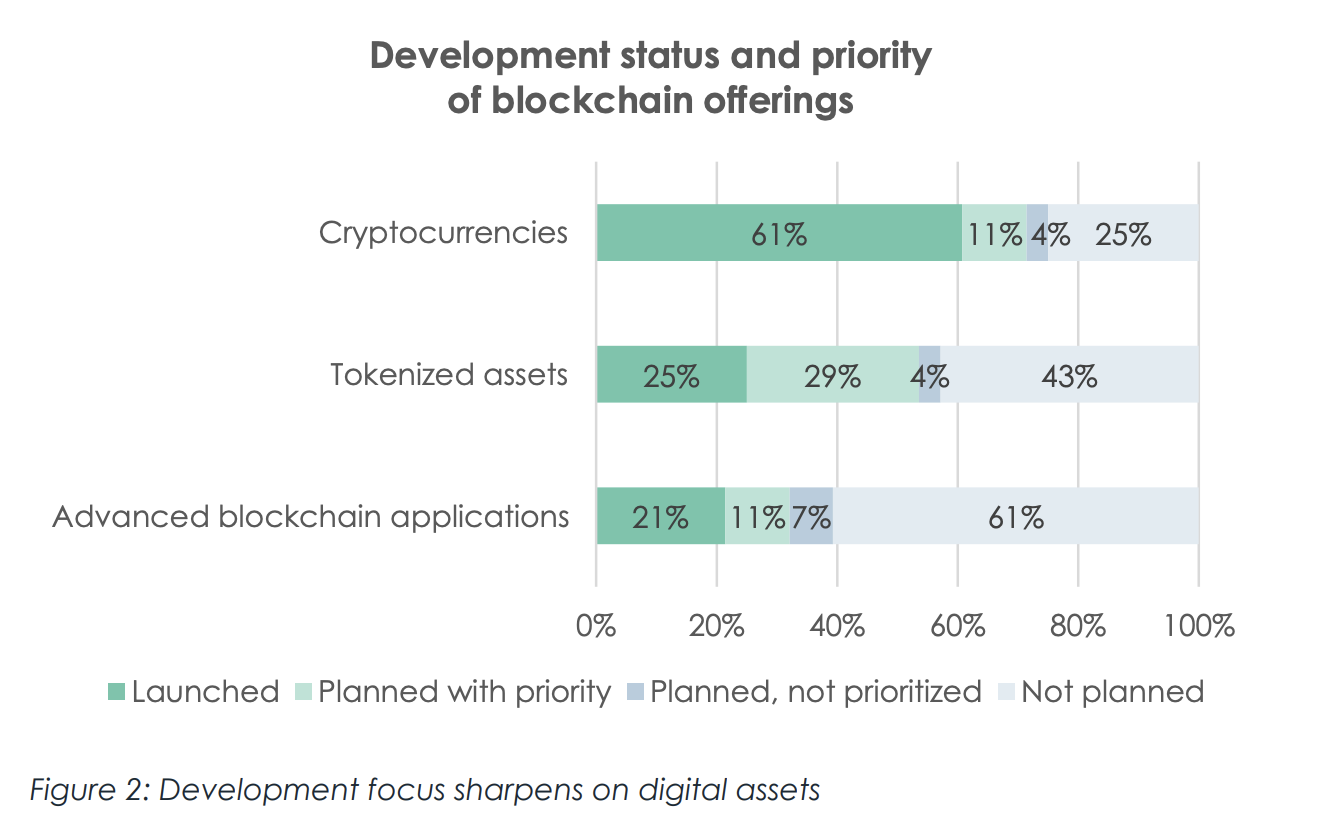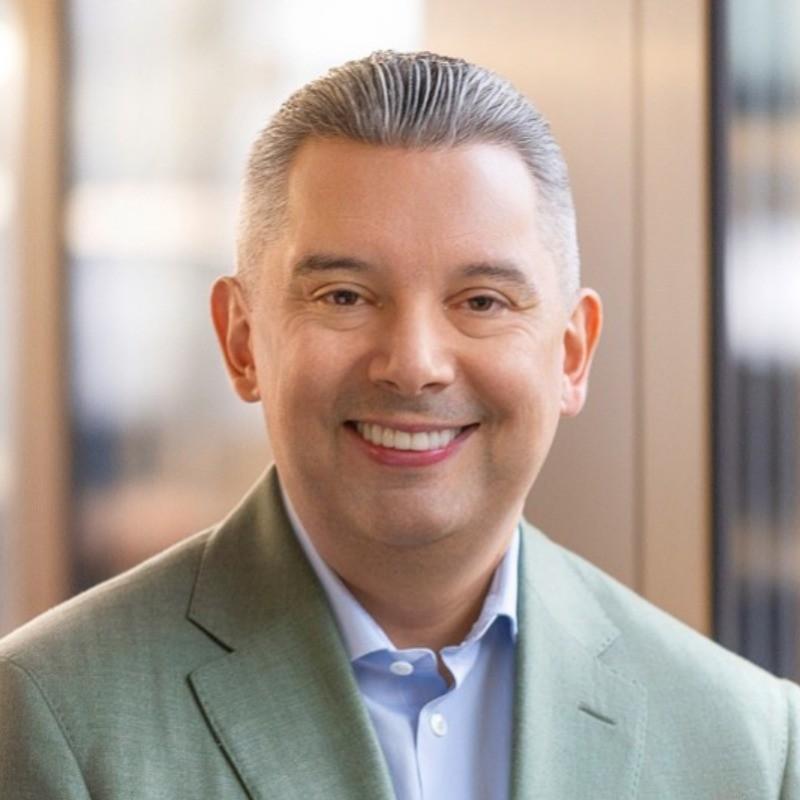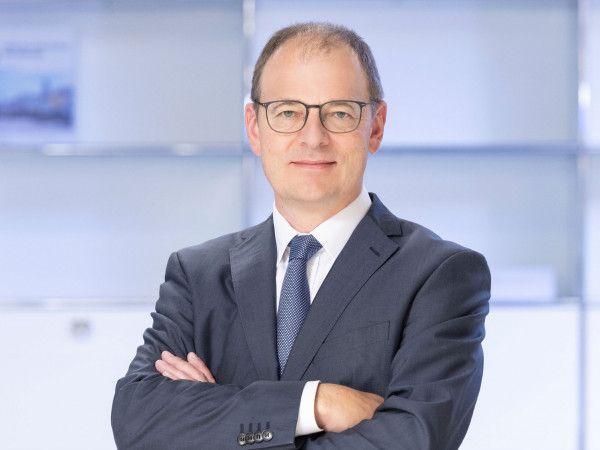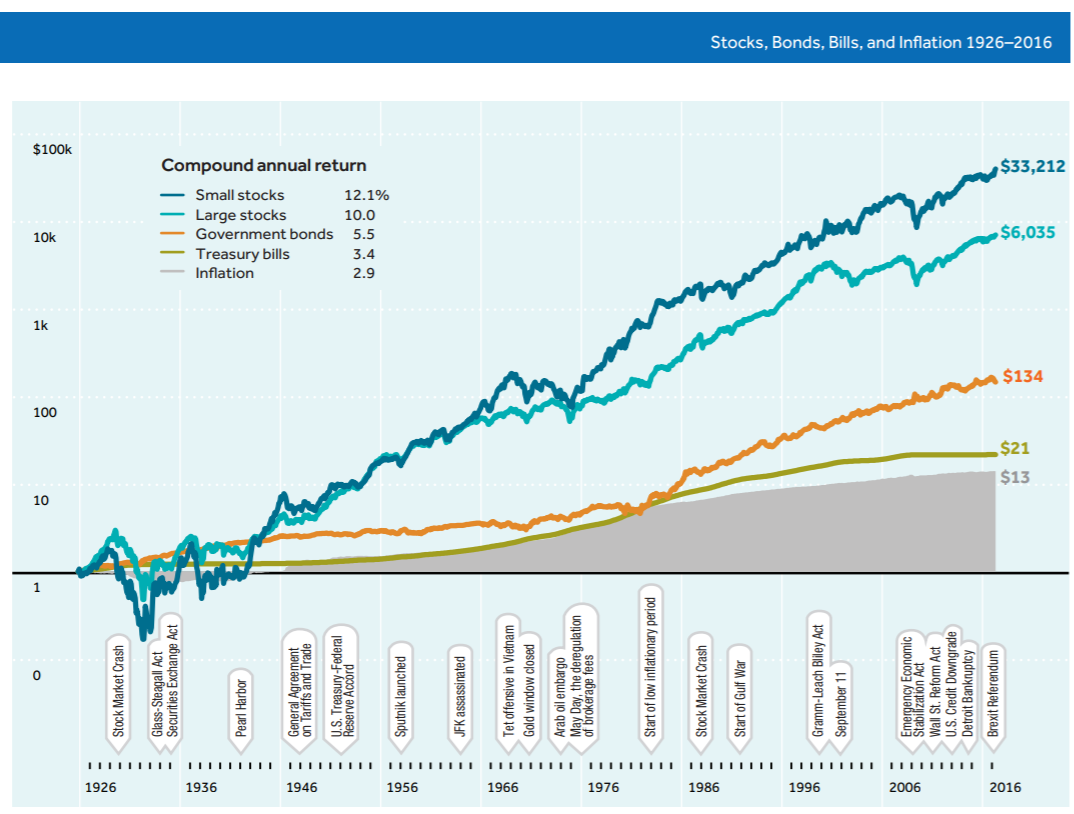The following is an excerpt from David Enrich’s nonfiction financial and legal thriller The Spider Network: The Wild Story of a Math Genius, a Gang of Backstabbing Bankers, and One of the Greatest Scams in Financial History. (Read part of the prologue here; another excerpt can be found here) This excerpt takes place shortly after the accused mastermind of the Libor scandal, Tom Hayes, is fired from his job at Citigroup, kicking government investigations into interest-rate-rigging into a higher gear.
How The US Government Let A Giant Bank Pin A Scandal On A Former Employee
Chris Cecere handed in his resignation from Citigroup shortly after his subordinate Tom Hayes was fired for manipulating Libor in September 2010. Cecere’s departure was voluntary, but Citigroup had told him he might be fired if he didn’t step down on his own. His cell phone and e-mail were quickly disconnected. Always the salesman, Cecere described his resignation to Hayes as an act of protest — he said he did it “in disgust.” Cecere wasn’t terribly worried about the future: He was already in talks to join a huge international hedge fund, Brevan Howard, as a trader in its Geneva headquarters.
Before leaving Tokyo, Cecere had one last thing he wanted to do: take a shot at Mike Pieri, a UBS manager who had previously been Hayes’s boss. Cecere called a friend at UBS and told him exactly why Hayes had been fired. Was UBS aware, Cecere asked, that Hayes and Pieri had been doing the same thing during their time together? Given the escalating nature of the government investigations, he suggested, perhaps it would be in the Swiss bank’s interests to take a look at Pieri’s and Hayes’s records.
The message was passed up the chain of command at UBS and, miraculously enough, it wasn’t shunted aside. Instead, the bank decided that someone needed to trawl through Hayes’s communications to see what they contained. Who would handle this distasteful task? Not, it turned out, the compliance department or the bank’s legal team or an outside law firm. UBS instead told Pieri to investigate himself and his former underling.
Pieri decided it would be simplest to focus solely on Hayes’s communications with another UBS underling, Mirhat Alykulov. Pieri quickly reported that, lo and behold, Hayes and his mentee had been trying to move the bank’s Libor submissions to benefit their trading portfolios.
That was enough to prompt UBS to take things more seriously. Pieri was relieved of his investigative responsibilities in favor of a major U.S. law firm, Gibson, Dunn & Crutcher. It didn’t take long for the attorneys to grasp the depth of the problem: It wasn’t just a couple of Tokyo traders freelancing as Libor manipulators. The wrongdoing was institutional, stretching from Tokyo to Singapore to London to Zurich, and involving not just low- and mid-level traders but also their managers, their managers’ managers, and even some high-ranking executives who either knew what was going on or should have. And it involved numerous banks and brokerages — a systemic racket.
Gary Spratling, a mustachioed partner from Gibson Dunn’s San Francisco office, delivered the bad news to UBS executives: If the bank didn’t play its hand right, it was headed for billions of dollars in financial penalties, or worse. After all, prosecutors in the United States seemed to be dying to give the public what it wanted by filing criminal charges against a major bank.
But Spratling — a master tactician and a specialist in antitrust law — had an idea. Antitrust laws in many countries included provisions granting immunity or leniency to those who were first to report problems. (In the United States, antitrust regulators even give partial amnesty to the second company to tattle.) If UBS raced to the authorities in the United States and elsewhere before anyone else did, and not only confessed its own sins but also promised to help build cases against its rivals, it might win leniency. Spratling made it clear that there didn’t seem to be other good options.
So, starting in December, UBS and its lawyers embarked on a worldwide damage-control tour, meeting at least a dozen antitrust authorities and banking regulators in Switzerland, England, the United States, Japan, the European Union, even Canada. At each stop, the bank owned up to what it had found — what looked like an industry-wide effort to skew yen Libor and other iterations of the benchmark — and supplemented its admissions with a sampling of the e-mails, chat sessions, and recorded phone calls that the internal investigators had unearthed so far. The bank offered to provide extensive cooperation, including by serving up UBS employees as witnesses and countless gigabytes of electronic evidence, in exchange for full or partial immunity.
It was a seminal moment for investigators. Here was one of the world’s biggest banks, delivering what looked like a ready-made case on a silver platter. Until now, the Libor inquiries had focused mainly on two things: the practice of lowballing and the idea that individual traders at a handful of banks like Barclays were doing bad things in isolation. The investigations had been confined to a narrow time period — 2007 and 2008 — and only the U.S. dollar flavor of Libor. Now it was clear that the suspect activity occurred over a much longer period and in multiple Libor varietals. And, most important, it looked like there was a network of collusive behavior. That meant the scandal was much bigger than a random, haphazard attempt at manipulation, and it demolished banks’ claims that this was the work of just a few bad apples.
Spratling had reason to be optimistic about his plan. One reason was that he knew how the system worked. Before joining Gibson Dunn, he had spent twenty-eight years working in the Justice Department, rising to become a deputy assistant attorney general in charge of prosecuting international cartels — precisely the type of case that UBS was now owning up to being part of. Thanks to his long government career, Spratling had fostered some useful relationships. One of those was with his former subordinate, Scott Hammond, who by 2011 was the top criminal prosecutor in Justice’s antitrust division. Hammond had helped devise the leniency program for self-reporters that Spratling now hoped to take advantage of. The two men remained close.
Spratling’s strategy worked even better than he reasonably could have hoped. Antitrust authorities in Washington, Brussels, and Bern tentatively accepted the bank’s deal and offered it at least partial immunity.
But the bigger victory, the more stunning one, was that UBS somehow ended up in a position to set the course of the unfolding investigations. As part of its agreements to cooperate, UBS volunteered to handle the massive task of sifting through millions of pages of records and interviewing witnesses. That appealed to the regulators, who were constrained by tight budgets and busy schedules and didn’t want to squander scarce resources on a wild-goose chase.
But it also meant that crucial work — the act of laying the first bricks in the investigative foundation — was outsourced to a very biased party. UBS and its high-priced hired guns would now be the ones determining which evidence and witnesses showed up on regulators’ and prosecutors’ radar screens. If UBS didn’t discover certain evidence, or decided for whatever reason not to share it with the authorities — well, it would probably never come to light.
So, before sending out subpoenas to UBS to ascertain the potential roles played by its senior executives in the scandal, the CFTC asked Gibson Dunn how to frame the legal documents. The law firm insisted that the subpoenas’ scope be narrowed to only look at formal boardroom minutes and other official company documents, not e-mails, chat transcripts, phone calls, or handwritten notes — and the CFTC agreed, bowing to the firm’s assertion that anything wider would be unmanageable. When Gibson Dunn reported that UBS had destroyed all of the recordings of employee phone calls in Tokyo, there was nothing much that investigators could do. Nor did they complain about the fact that UBS had blacked out the identities of certain people, presumably executives, included on various internal e-mail chains that the bank handed over. And they had to trust Gibson Dunn’s matter-of-fact determination that eight million of the documents that UBS had initially flagged as relevant to the investigation simply wouldn’t be available to U.S. or British regulators because they were housed on the bank’s Swiss computers and therefore fell under the country’s stringent bank secrecy laws.
This was a fantastic turn for UBS, which could now attempt to confine the investigation to an isolated group of wayward employees who no longer worked for the bank or at least already had been suspended. Sure, mistakes were made, but the guilty parties had been cleared out and the bank had come clean.
Even better, UBS could steer the investigators away from the corner offices. And so, when the CFTC asked Gibson Dunn to come up with a list of individuals who should be on the subpoenas that the agency was preparing to send to UBS — names that would determine the search terms that the bank used to sieve through millions of pieces of internal communications — one was especially prominent: Tom Hayes.
Full story here Are you the author? Previous post See more for Next postTags: Banking,Banking in Switzerland,Barclays Bank,Business,Citigroup,economy,European Union,Finance,Japan,Libor,money,newslettersent,Switzerland,UBS,Yen,Zurich









